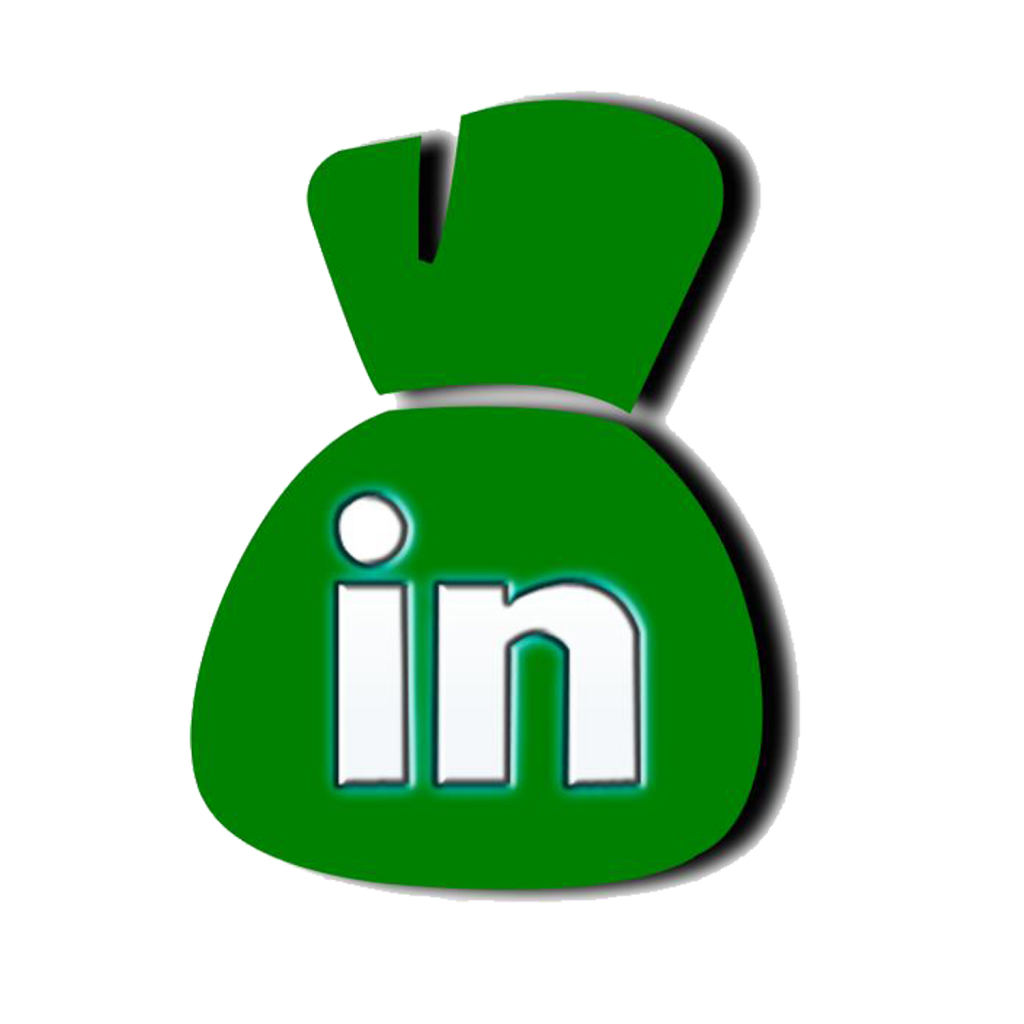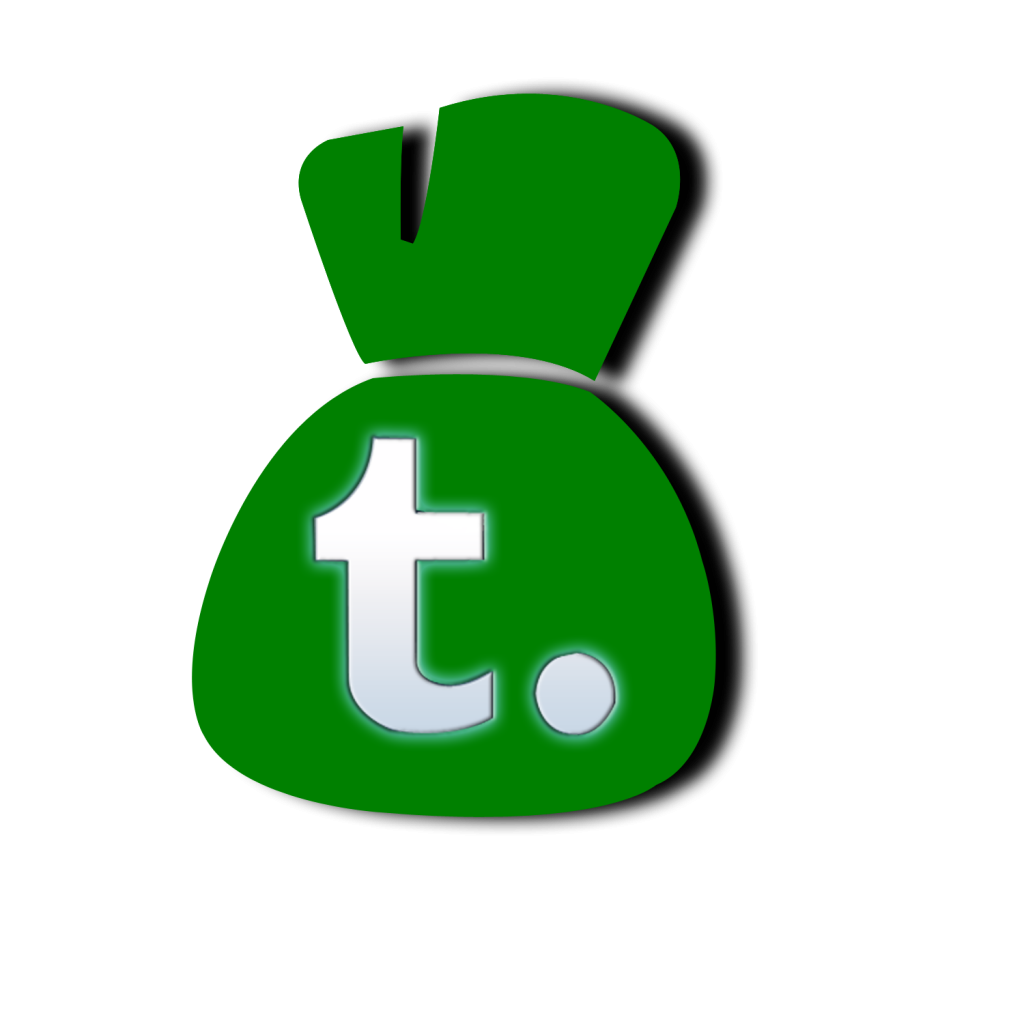Hass and Associates Accounting Tax
Preparation New tax test on foreign takeovers
FOREIGN investors face a new hurdle as Joe Hockey declares
he will take their tax affairs into account when considering their Australian
deals amid a global crackdown on corporate tax avoidance.
Alarmed at the potential loss of federal revenue, the Treasurer
warned that tax arrangements would become a major factor in foreign investment
approvals, given their growing impact on the national interest.
Mr Hockey, who has the final say on all big foreign
investments, took the new stance as he stepped up the case for global action on
the “significant risk” to revenue from profit-shifting by large companies.
The comments to The Australian are an important signal on
foreign investment rules, given the Treasurer’s wide discretion to veto
transactions and advice from Treasury about the revenue at stake.
“The risk is significant, not just because the digital
economy helps to facilitate tax minimisation or tax liability shifting to other
jurisdictions,” Mr Hockey said in an interview. “It has an impact on other
decision-making. Ultimately, it will have some impact on foreign investment
decisions.”
The Abbott government is pushing ahead with curbs on “base
erosion and profit-shifting” as chair of the G20 this year, hosting a summit in
Sydney last weekend that approved global measures to tackle the problem.
Behind the international agenda is a domestic fear,
including within Treasury, that big takeovers would lead to changes in tax
arrangements that could wipe out billions of dollars in revenue.
Mr Hockey did not refer to any specific proposal before the
Foreign Investment Review Board but sent a clear signal to investors about how
he would decide on future deals.
“If you’re advised that an Australian company is a major
taxpayer and if it is purchased by someone overseas and therefore its tax
liability would be reduced domestically to zero, that feeds into a decision
about what is contrary to the national interest,” he said. “You’d lose
potentially a substantial lick of revenue. And that does have an impact on the
national interest.”
The G20 communique released on Sunday promised global action
on the tax leakage by insisting “profits should be taxed where economic
activities deriving the profits are performed”.
OECD tax director Pascal Saint-Amans outlined two tranches
of changes to be decided in September this year and September next year.
Labor has welcomed the G20 progress but challenged Mr Hockey
to live up to the communique, noting the government had abandoned some of
former treasurer Wayne Swan’s actions to close tax loopholes.
“Three-quarters of a billion dollars have been dropped
because the government wasn’t willing to go hard on multinational
profit-shifting,” opposition assistant Treasury spokesman Andrew Leigh said.
“So that’s $700 million, around the cost of a new hospital.
“The government is walking away from good moves on
multinational profit-shifting and they’re walking back on transparency of
multinational tax paid, which has really got to leave you asking the question:
how serious are they about making sure that all companies pay their fair share
of tax?” KPMG national corporate tax leader David Linke said the G20 agenda was
significant for all businesses operating across borders and the biggest concern
was avoid countries going it alone in ways that led to double-taxation of
companies.
“Generally tax reform takes a decade and here they’re trying
to get it done in two years, so the time frame is challenging.”
Treasury has warned the government in recent years about the
danger to the tax base from large transactions, particularly when BHP Billiton
and Rio Tinto contemplated a merger of their iron ore interests in 2010.
Rio estimated its Australian tax liability at $9 billion
last year, and Treasury feared the bulk of that could be lost if the iron ore
merger had gone ahead.
Another transaction, the 2009 sale of Myer by private equity
owners, triggered a court case when the Australian Taxation Office tried unsuccessfully
to collect tax on the $1.5bn repatriated to offshore tax havens.
The policy guiding the FIRB requires the agency - which
operates within Treasury - to consider the impact of a takeover on the
government’s revenue.
However, foreign investment counsel for King & Wood
Mallesons Malcolm Brennan said tax had not been one of the central
considerations until now. “It is rare to see tax gaining the heaviest weighting
in measuring the national interest impact,” he said. “It is more what is the
effect on the community, on jobs, on management and wanting to see Australian
involvement maintained rather than the impact on government revenue.”
Mr Hockey’s stance may cause concern for the US, which
argued it should not be a national interest consideration when it was
negotiating the Australia-US Free Trade Agreement.
Mr Brennan said US multinationals wanting to reorganise
subsidiaries in Australia often had to seek FIRB approval, even though there
was no change in ownership, because the government wanted to vet tax
implications. He said the threshold for US takeovers was raised to more than
$1bn under the FTA so that US companies would have greater latitude to
reorganise their operations without involving the ATO in foreign investment
approval.
Mr Brennan said a growing number of African-based mining
companies were listing on the Australian Securities Exchange, despite having no
assets in Australia. They pay tax here, but if taken over by a foreign company
the tax would disappear.
Mr Hockey has demonstrated a willingness to risk political
and industry criticism by rejecting takeover proposals, vetoing a $3.4bn bid
for Graincorp by Archer Daniels Midland in November.
While Australia hosts the G20 talks on the tax agenda this
year, Mr Hockey was cautious about acting unilaterally to fix the tax leakage,
when speaking to The Australian before last weekend’s summit of finance
ministers and central bank governors.
“Domestically I think we’ve got to keep working away on it,
but I want to see where we get to on a global level first so that we don’t
create an inconsistent regime,” he said. “Given we’re in the box seat globally,
there’s a great opportunity to get a closer, better understanding of where it’s
heading.”
Hass and Associates Accounting Tax
Preparation New tax test on foreign takeovers
Related Articles:













